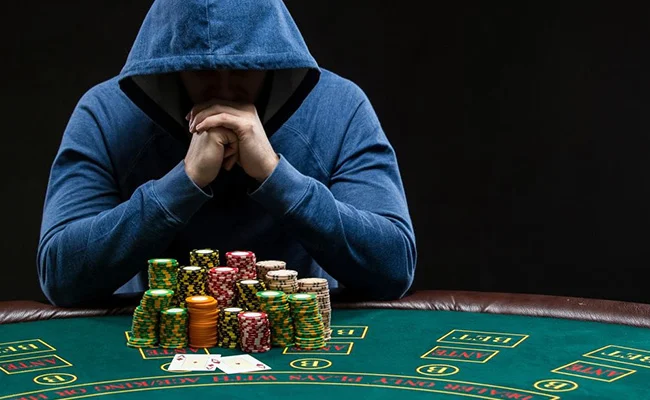Gambling disorder is a serious condition that affects an individual’s ability to control their gambling behavior, often leading to harmful consequences. It is characterized by an overwhelming urge to gamble despite the negative impact it may have on personal, social, and financial aspects of life. This disorder can manifest in various forms, such as online gambling, sports betting, or casino games. The compulsive nature of gambling can lead to significant distress and impairment, affecting relationships, work, and overall quality of life. Treatment and intervention are essential to help individuals regain control and recover from this disorder.
Gambling disorder, also known as pathological gambling or compulsive gambling, is a behavioral addiction where an individual consistently engages in gambling despite the negative consequences. People with this disorder often experience a preoccupation with gambling, find themselves unable to stop or reduce their gambling activities, and may lie about their behavior to others. The disorder can escalate, leading to significant financial loss, emotional distress, and strained relationships. It is classified as a mental health condition and can coexist with other psychological disorders such as depression and anxiety. Treatment may involve therapy, support groups, and sometimes medication to help individuals manage their urges and develop healthier coping strategies.
The symbol commonly associated with gambling disorder is often the broken chain or a roulette wheel. These symbols represent the idea of being trapped in a cycle of compulsive behavior and the unpredictable nature of gambling. A broken chain reflects the feeling of being disconnected from control, while the roulette wheel represents the gambling activity itself and the risky nature of gambling that leads to the loss of stability. These symbols are used to raise awareness about the disorder and encourage individuals to seek help in breaking free from this destructive pattern.

Monday: 9:00 AM – 5:00 PM
Tuesday: 9:00 AM – 5:00 PM
Wednesday: 9:00 AM – 5:30 PM
Thursday: 9:00 AM – 5:00 PM
Friday: 9:00 AM – 5:00 PM
Saturday: Closed
Sunday: Closed
Telehealth Appointments
Mon – Thurs: 09:00 AM – 5:00 PM

© 2025 Copyright Sal Psychiatry Services